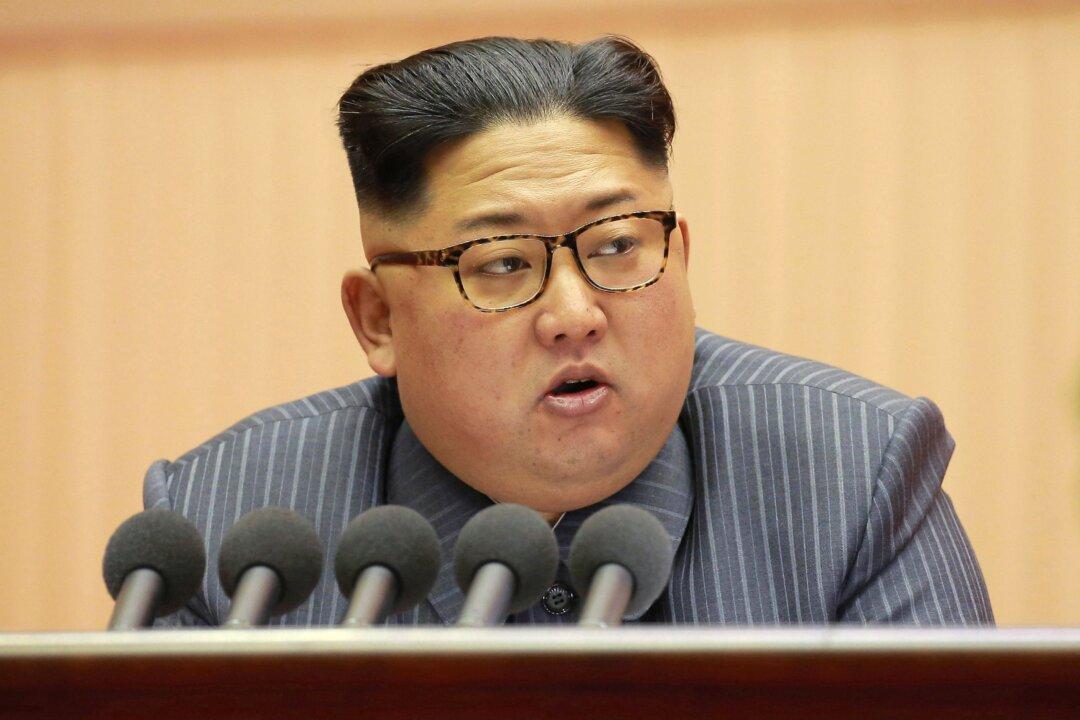With sanctions now sinking their teeth into North Korea, the United States and its allies will discuss a naval blockade that could end North Korean smuggling, bringing the maximum pressure campaign towards its endgame.
The United Nations Security Council passed a new round of tougher sanctions just before Christmas, ratcheting down permitted North Korean trade as reports emerge that the regime can’t feed its soldiers.





